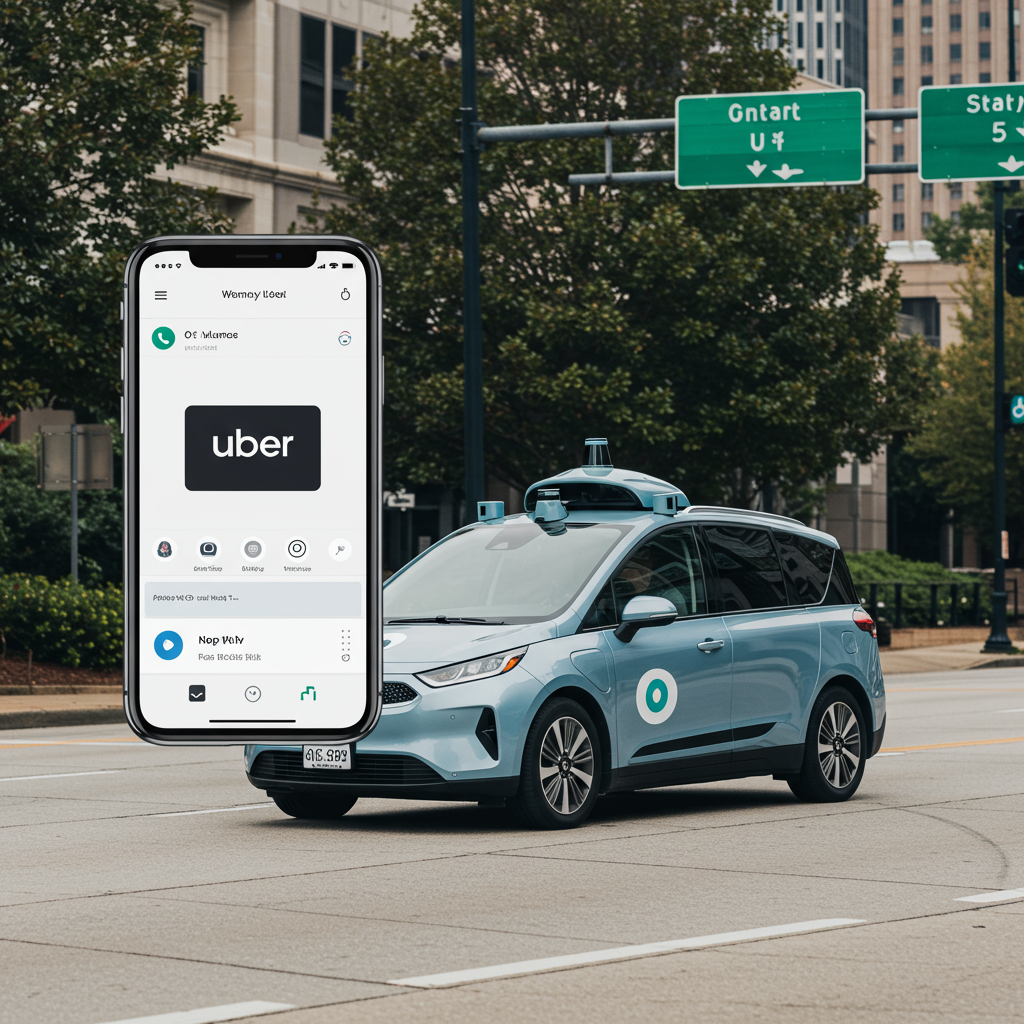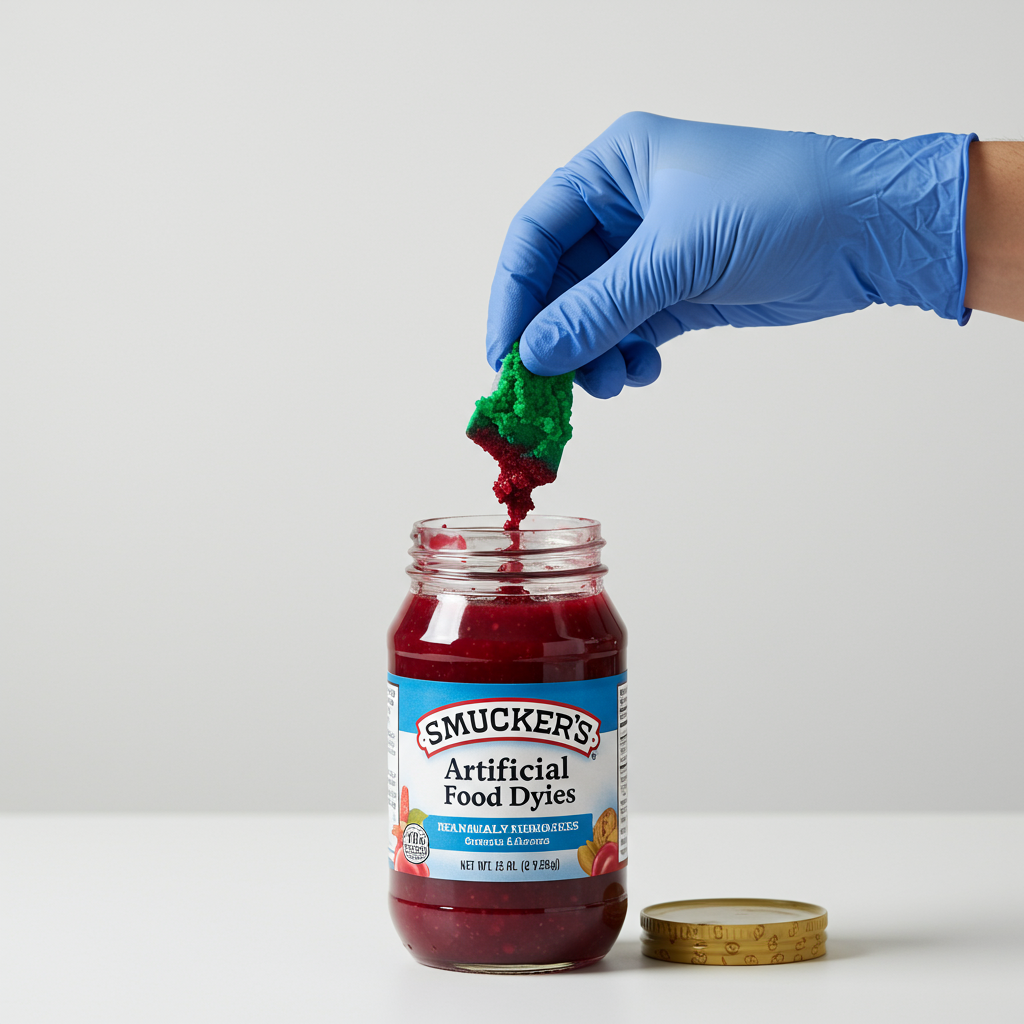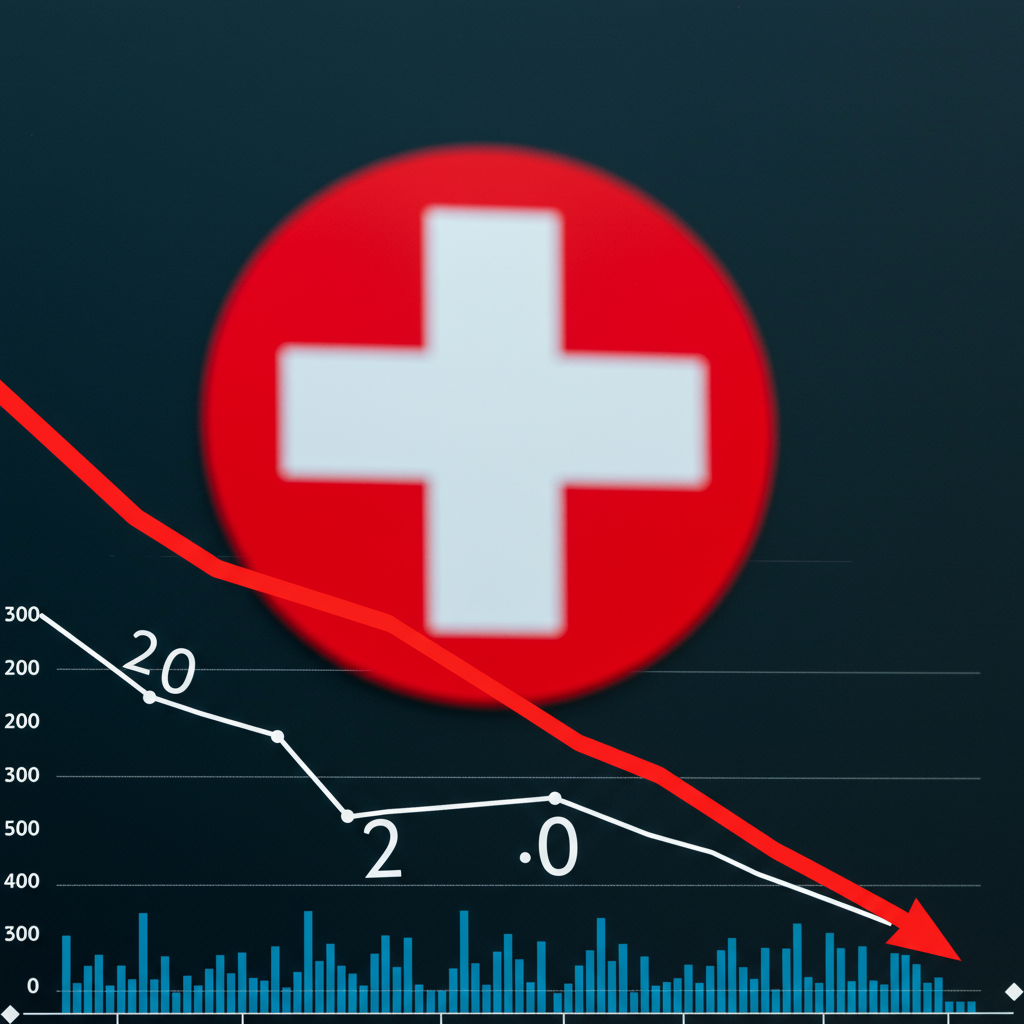Atlanta just joined the growing list of cities where driverless rides are becoming a reality. As of June 24, 2025, Waymo’s autonomous vehicles can be hailed directly through the Uber app, marking a significant expansion of the “Waymo on Uber” commercial service.
This launch follows the successful debut of the partnership in Austin, Texas, earlier in the year. For Atlantans, it means a new option for getting around, integrating Waymo’s self-driving technology into Uber’s familiar ride-hailing platform.
How to Ride a Waymo Robotaxi in Atlanta via Uber
The service operates as a hybrid model alongside traditional human-driven Uber rides. Users in Atlanta can access Waymo robotaxis within a starting service area covering roughly 65 square miles.
- Open the Uber app as usual.
- Set your pickup and destination.
- Optionally, users can set preferences in the app to prioritize being matched with a Waymo vehicle.
- If matched with a Waymo, you’ll receive a notification in the app. You have the choice to accept the autonomous ride or switch to a human-driven car.
- Once the Waymo vehicle arrives, the Uber app acts as your key: you’ll use it to unlock the doors, open the trunk, and start the trip.
- Pricing for Waymo robotaxi rides is set to match standard fares for UberX, Uber Comfort, or Uber Comfort Electric.
Uber takes on key operational responsibilities for the fleet in Atlanta, including charging, maintenance, and cleaning the autonomous vehicles, as well as managing rider access through its popular app interface. Waymo, the self-driving technology specialist, focuses on monitoring the autonomous operations, providing roadside assistance, and handling technical rider support related to the self-driving system.
A Strategic Move for Both Companies
The Atlanta launch is poised to benefit both Uber and Waymo significantly. Uber, which boasts partnerships with numerous autonomous vehicle companies, reports a high annual run-rate of AV trips across its network for both mobility and delivery services. Waymo is already providing hundreds of thousands of paid robotaxi rides weekly across its existing markets in Austin, Los Angeles, Phoenix, and San Francisco. Adding Atlanta is expected to substantially boost these figures for both partners, accelerating their growth in the competitive autonomous mobility sector.
Waymo’s initial fleet in Atlanta includes “dozens” of vehicles, with plans to expand the shared fleet between Atlanta and Austin into the hundreds over time. Waymo’s commercial fleet in Austin is already reported to exceed 100 vehicles.
Waymo’s Broader Expansion & the Competitive Landscape
The “Waymo on Uber” service in Atlanta and Austin represents a strategic evolution for Waymo. In contrast to cities like Phoenix, where Waymo operates its own dedicated ‘Waymo One’ app for hailing (though they also partner with Uber there), the Atlanta service is exclusively available through the Uber platform. This shift allows Waymo to rapidly scale access to its technology by leveraging Uber’s massive user base and operational expertise for fleet management. Waymo is exploring similar partnership models for future launches, such as a planned 2026 service in Miami with operational partner Moove.
Atlanta is just one piece of Waymo’s aggressive nationwide expansion plan. The company has been actively testing and mapping in numerous new cities, including Las Vegas, San Diego, and Nashville, as part of its effort to collect data and refine its system for diverse environments. Waymo also plans commercial launches in cities like Washington, D.C., in 2026, though this requires navigating regulatory landscapes to allow fully driverless operations without a safety driver.
This expansion occurs within a rapidly intensifying market for autonomous ride-hailing. Austin, in particular, has become a key battleground, with Tesla also launching its own robotaxi service there using a different technological approach (camera-only) and operational model (direct service with a safety monitor present in the passenger seat). Lyft is another major player entering the fray, with plans to launch its robotaxi service in Dallas by 2026 in partnership with Mobileye and Marubeni.
As companies like Waymo, Uber, Tesla, and Lyft push forward with commercial deployments and expansion, the arrival of robotaxis in cities like Atlanta signals the accelerating pace of the driverless future.



